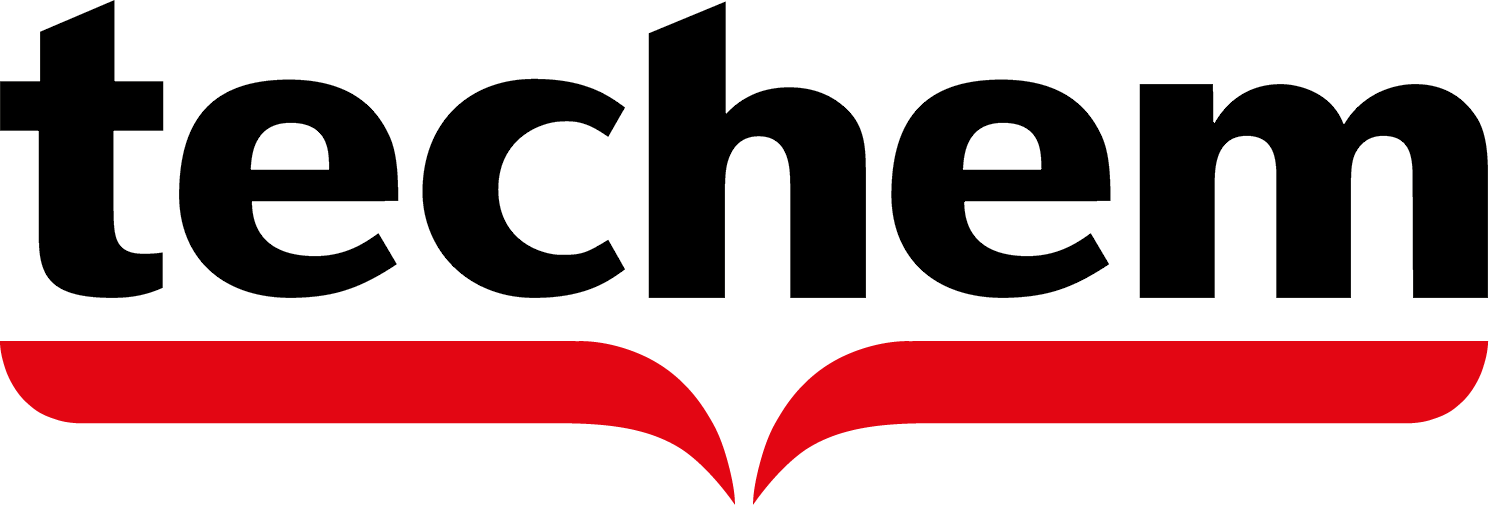Press Releases - 02.08.2024
Techem survey: smart meters not being rolled out fast enough for landlords
- Only 33% of private and 47% of commercial landlords are satisfied with the speed of the rollout of smart meters
- High satisfaction among private landlords (81%) and business customers (79%) following the installation of smart meters
- Smart metering as the basis for increasing efficiency and reducing emissions and costs in existing buildings
Eschborn, August 2, 2024: More than a year after the German Bundestag decided to significantly speed up the introduction of intelligent metering systems for measuring and controlling energy consumption (so-called smart meters), their use and awareness among landlords can still be expanded. A recent survey conducted by the energy service provider Techem among private landlords and business customers, i.e. commercial landlords or property managers, reveals this.
According to the survey, only a minority of 32% of private landlords and 44% of business customers are familiar with the topic of smart metering. 46% of private landlords (business customers: 48%) have heard of the term but are not aware of the details. Accordingly, many respondents would like more information on the costs of smart meters (private landlords: 51%, business customers: 45%) and the specific benefits (private landlords: 43%, business customers: 36%). Only 17% of private landlords (business customers: 32%) are familiar with the exact content of the Act on the Restart of the Digitalization of the Energy Transition (GNDEW), which has removed many obstacles to the installation of smart metering systems.
Image information: Gero Lücking holds a digital electricity meter in his right hand. This, in conjunction with the smart meter gateway (in his left hand), creates an intelligent metering system. (Copyright: Oliver Roesler / Techem).
Smart meters: Paving the way for the widespread use of renewable energies
The digitalization of the metering infrastructure is crucial for a successful energy transition. Smart metering systems, i.e. the combination of a digital electricity meter and the smart meter gateway, make a key contribution to this. As part of the digital infrastructure, they are a prerequisite for a largely climate-neutral, flexible energy system that is optimized for sector coupling. “Only with digitalized electricity grids and smart metering systems can the fluctuating generation from the sun and wind be balanced with the high, but time-variable consumption of electric cars or heat pumps. Smart meters are therefore at the heart of a sustainable, digitally controlled electricity supply. There are therefore many good reasons to rely on smart metering systems and invest in the rapid digitalization of this infrastructure,” says Gero Lücking, Head of Smart Metering at Techem.
The goals of smart metering are convincing
Although many of those surveyed have not yet installed smart metering systems themselves, they share the federal government’s overarching goals: 65% of private landlords and 79% of business customers believe that improved consumption management can lead to cost savings. 62% of private landlords (business customers: 64%) believe that real-time data can help to optimize energy consumption and reduce energy costs for households and businesses. On the other hand, the status of digitalization in the energy sector is viewed critically. Of the private landlords who are familiar with the topic or have heard of it, only 33% are satisfied with the speed of the smart meter rollout. Of the business customers surveyed, just over half (47%) are satisfied.
Satisfaction after the installation of smart meters
Private landlords and business customers who have decided against the installation of smart meters themselves cite the high installation costs or the fact that they are not yet obliged to install them. Around a third of respondents (private landlords: 30%, business customers: 38%) justify their refusal with a lack of information. By contrast, those private landlords and business customers who have decided to install smart metering systems are largely satisfied (81% and 79%, respectively).
The transparency achieved, the cost savings through more efficient energy consumption and the customer support and service had a particular influence on satisfaction. “In order to create synergies and be able to operate across different sectors, Techem offers smart metering for electricity and gas as a competitive metering point operator. We are systematically transferring the digital meter infrastructure approach, which the legislator is pushing for on the electricity side, to digital gas meters. Smart metering thus creates the prerequisite for the implementation of central monitoring and reporting requirements across all commodities, such as recurring ESG reporting, and thus lays the foundation for transparency and greater energy efficiency in buildings,” concludes Gero Lücking.
About the survey
This survey was conducted online in May 2024. A quantitative survey was used to ask 400 private landlords and 118 business customers (commercial landlords + administrators) about their attitudes towards smart metering and the GNDEW. Both the population of private landlords and business customers were defined according to specific criteria.
About Techem
Techem is a leading service provider for smart and sustainable buildings. The company's services cover the topics of energy management and resource conservation, healthy living and process efficiency in properties. Founded in 1952, Techem is now active in 18 countries with over 4,200 employees and services more than 13 million dwellings. Techem offers efficiency improvements along the entire value chain of heat and water in real estate and regenerative supply concepts and solutions. As the market leader in remote radio detection of energy consumption in homes, Techem continues to drive networking and digital processes in real estate. Modern multi sensor devices, radio smoke detectors with remote inspection, metering point operation, charging infrastructure for electromobility and services related to improving drinking water quality in properties complement the solution portfolio for the housing as well as the commercial real estate industry. Further information can be found at https://www.techem.com or follow us on LinkedIn.
